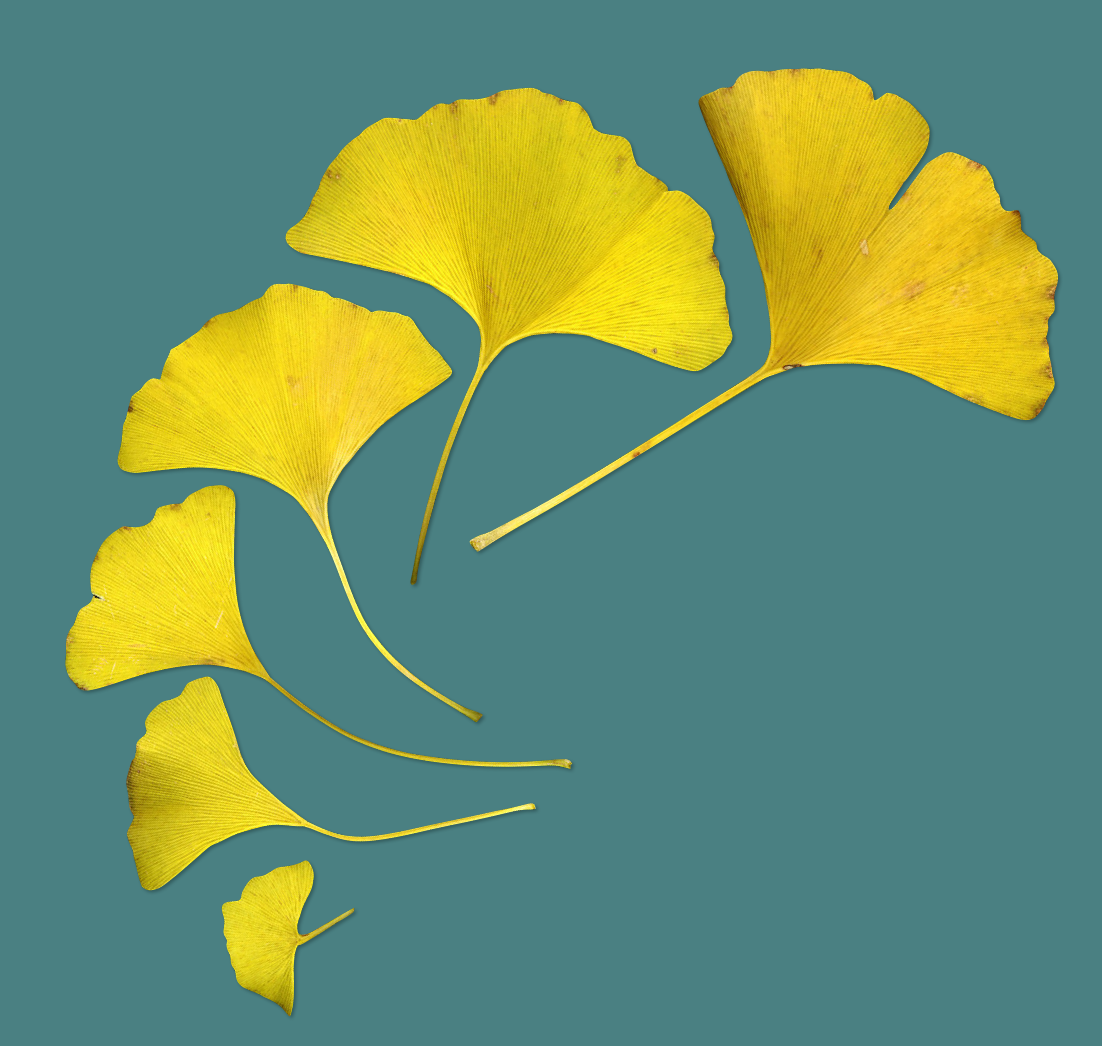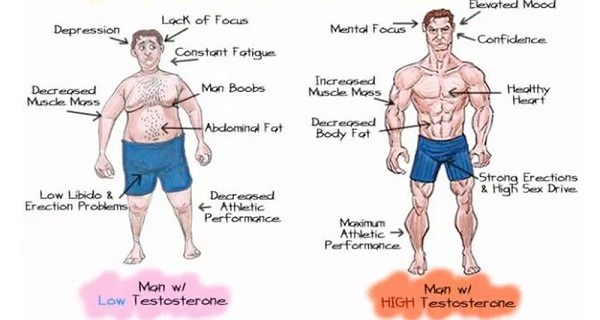Twelve Testosterone Tips
Twelve Testosterone Tips every guy should know
As a Naturopath, I love to help people live a life full of vitality and joy, and for men, this often involves optimising their testosterone levels. Testosterone levels in the higher end of normal are associated with better libido, better mood, less body fat and more muscle mass, stronger heart and bones, less chance of Alzheimer’s Disease and better cognitive ability.
Did you know that testosterone levels have dropped by an overall 19% in men since the early 1980s? This may be due to widespread xenooestrogens in our environment, but lifestyle factors play a large part too. Here are twelve natural, simple and evidence-based ways to boost your testosterone, to live the most vibrant, energetic life you are capable of.
1. Exercise
Any type of exercise will increase your testosterone levels, even if you are overweight. However two types of exercise rate the highest, and they are weight lifting and high intensity training. All men can have healthier hormones with exercise, even the elderly.
2. Settle your Stress
Chronic stress increases our cortisol, and cortisol acts in opposition to DHEA which is what testosterone comes from- when cortisol goes up, guess what comes down? Yep, your testosterone. Ways to unwind include making time for an enjoyable hobby; learning not to take life or your career so seriously; meditation; exercise; yoga or tai chi; spending time in nature; and maintaining a good work/life balance.
3. Soothing Sleep
If you are not getting 7-9 hours of quality sleep a night, your hormones are likely to suffer. Our bodies and brains recover, integrate and replenish our hormones when we sleep. When men are deprived of sleep, testosterone has been shown to drop 15%. Similarly getting an extra hour of sleep can help with raising testosterone and with penis-oxygenating nocturnal erections by 15%.
To sleep better....turn off all electronics an hour before bed and don’t have computers or TV in your bedroom. Go to bed at a reasonable hour, regularly. Don’t drink caffeine after noon. Sleep in a dark room. Get some sunshine in the morning to balance your circadian chemistry. Avoid stressful activities in the evening and have a regular wind down routine.
4. Enjoy sex...often
Yes, the good news is that having more sex boosts your testosterone, even if your levels are low. Use it or lose it! And while masturbation is somewhat effective, having sex with another person is even better, because we are complex creatures and a lot of sex happens in the brain through the effects of pheromones.
5. Sunshine
I recommend that people exercise outside rather than in gyms under flourescent lights, because nowadays, people spend too much time indoors. One in four Australians have a Vitamin D deficiency, and probably a majority of Australians have less than optimallevels, which are well above 80nmol/L. Vitamin D is another sterol hormone (as is testosterone) and it is associated with reproductive health and testosterone levels, not surprisingly. Higher vitamin D levels are associated with higher androgen levels in men, therefore it is highly recommended that you spend regular time in the sunshine. If that is difficult, or your Vitamin D levels are <50nmol/L, definitely take a Vitamin D supplement.
Besides, studies show that sunshine is also good for your happiness and mood, independent of Vitamin D.
6. Avoid this one type of alcoholic drink
I am sorry to be the bearer of bad news for some of you but....the hops in beer is a potent androgen antagonist. According to researcher and author of the book The Natural Testosterone Plan, Stephen Harrod Buhner, “The estradiol in hops has...been found to directly interfere with the ability of the testes Leydig cells to produce testosterone. The presence of this highly estrogenic substance in beer is not an accident.” Buhner goes on to discuss that beers were traditionally made from many different plants other than hops, but in the middle ages a law was passed, the 1516 German Beer Purity Act -possibly the first ever drug law- for political reasons, which limited beers to using three ingredients including hops, a known sexual inhibitor. This law has had great influence as hops is still primarily used. If you can find a beer without hops, that is better. Meanwhile, avoid beer if you want to optimise your testosterone.
What about alcohol in general? In moderation, it is fine. A glass or two of wine, no problem, in fact red wine has been shown to slow down testosterone excretion, boosting its levels . However, consistent high levels of alcohol consumption inhibit testosterone production in the testes, and should be avoided.
7. Eat well, including some specific foods
The research around diet and testosterone is complex. In general, I recommend a healthy paleo or Mediterranean style diet, high in plants but with sufficient protein and fats. Avoid junk foods and processed foods. Do not be afraid of saturated fat, as it is needed for testosterone production, but stick to healthy fat sources such as olive oil, coconut oil and grass fed meats and avoid polyunsaturated and trans fats.
Some foods recommended to support testosterone production in The Natural Testosterone Plan by Stephen Harrod Buhner are: celery juice, corn, cucumber, kale, spinach, radish, oats, garlic, red meat, cashews and oysters.
Oysters are beneficial because they contain high levels of zinc which is an essential mineral for testosterone production.
8. Avoid xeno-oestrogens
A major contributor to low testosterone levels is a massive increase in endocrine disruptors in the environment. These are in the form of toxins such as pesticides (DDT, PCBs, organochlorines and their metabolites), plastics, steroids from women’s birth control, HRT and other medications, dioxins from chlorine production, Bisphenol A used to coat the inside of tin cans, and others. These are oestrogen mimics and have an oestrogenic effect and have been shown to have a significant effect not only on male humans, but on males of many species. Even miniscule amounts can have a measurable effect and many of the metabolites from these substances have entered our waterways, soil and air, and our exposure to them is inevitable. We can minimise our exposure by eating organically grown food, by buying hormone -free meat and dairy products, reducing the use of plastics, and minimising the use of household and cosmetic chemicals.
9. Maintain a healthy weight
Easier said than done, I know, but obesity is definitely one factor men have some control over that leads to testosterone decline. The reason for this association is that belly fat in men acts as a sort of organ that produces oestrogen. This excess oestrogen (man boobs anyone?) causes a change in the ratio between testosterone and oestrogen. Studies have shown that obesity accelerates testosterone decline, however, conversely, by increasing testosterone, adipose tissue can be reduced.
10. Herbs
There are some wonderful plant medicines which have evidence and traditional use to back them up, and others with lots of marketing hype. Pine pollen has gained popularity and has a history of traditional use in Chinese Medicine, although the current evidence is scant. Tribulus is another plant that seems to help with libido but not to raise testosterone, although more studies may provide more evidence.
My favourites are the Ginsengs- all types of ginseng including Panax, Tienchi,Siberian, American and the Indian ginseng called Ashwaghanda, provide power and stamina to men and have a long history of use for libido and testosterone boosting for men even into their later years. The first two, panax and tienchi, are more hot, stimulating and masculine, and the last two, Siberian and Ashwaghanda are not really ginsengs but are called adaptogens, which means they help us adapt to stress and pathogens and give an underlying overall strength.
For most men, I recommend using one or more ginsengs regularly, to help compensate for environmental and stressful factors we have little control over. Adaptogenic herbs and ginsengs can be used long term to build stamina. Ginsengs and adaptogens have been used in many different cultures to help increase longevity, resilience and virility.
Nettle root is great for mens prostate health overall, but also has some benefits in boosting testosterone. So if you have some benign prostatic hyperplasia or other prostate issues, it may be a good herb to take.
11. Supplements
There are zillions of supplements on the market that claim to boost testosterone. However, a healthy diet and the above considerations will generally go further toward promoting healthy male hormones, than ignoring the above and taking a supplement.
I generally recommend a good multivitamin for men to help cover deficiencies and compensate for poor diet and stress- in the past, if not the present. However, this is an area where it really benefits to see a professional such as myself , either personally or via Skype, to go through your health issues, lifestyle and diet to make personalised recommendations, so that you are not peeing expensive supplements down the toilet.
In general, zinc is often deficient and is essential for making testosterone, as well as for many other functions in the body.
Vitamin C has plenty of evidence (linked in this article) to recommend it for men wishing to boost testosterone.
Magnesium is an important mineral for testosterone, for stress and lowering cortisol, forboosting strength and healthy hormones in ageing men. It is also lacking in many Australian soils, hence in plants grown in them.
L-arginine (as a supplement or in foods- pine pollen, sunflower seeds, brazil nuts, almonds, peanuts, lentils, kidney beans and soybeans).
L-carnitine , found in red meat, also appears to be of benefit in male ageing andtestosterone production.
12. Minimise your medications
Many commonly prescribed and over the counter medications will also interfere with testosterone and libido. These include: anti-inflammatories (iboprofin, aspirin); many antibiotics; antifungals; cholesterol lowering statins; and antidepressants. Some of these, such as antidepressants, can lead to a negative feedback loop, where low testosterone and low libido can make one more depressed! So be careful and aware when taking medications, and assess whether they are necessary or doing more harm than good. Please see your doctor before coming off any prescription medications.
Recommended reading:
Korean Ginseng




